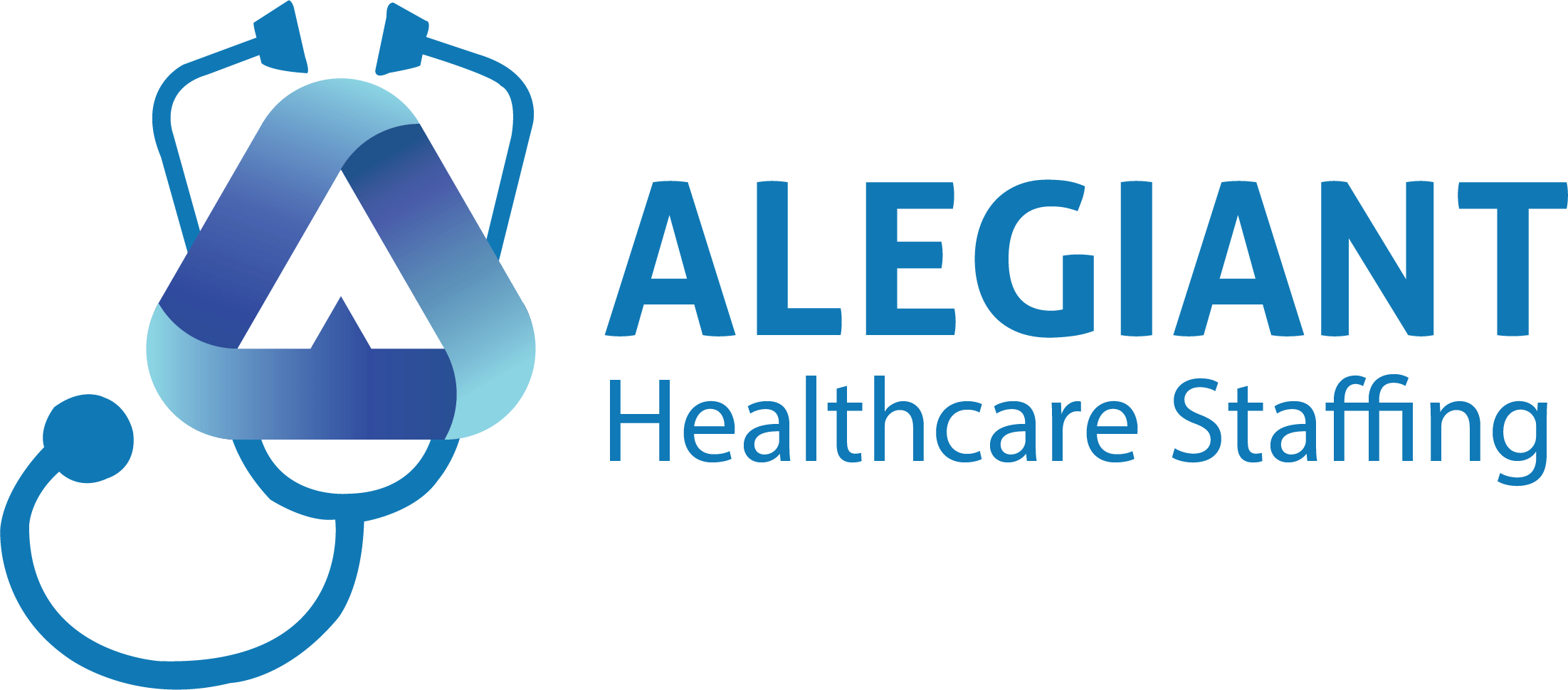When it comes to traveling healthcare professionals and the credentialing process, there are several important factors to consider. Here are some key things to know:
- Credentialing Basics: Credentialing is the process by which healthcare organizations verify and assess the qualifications and background of healthcare professionals. It ensures that professionals meet the required standards and are eligible to provide patient care. Example: Driver’s license, Social Security Card..etc.
- Licensure: One of the primary aspects of credentialing is obtaining and maintaining a valid professional license. Healthcare professionals must hold a license in each state they plan to practice in. Travelers should research the specific licensure requirements for their desired destinations and allow ample time for application processing.
- Certifications and Specializations: Depending on your healthcare profession, you may need additional certifications or specializations. Examples include Advanced Cardiac Life Support (ACLS), Pediatric Advanced Life Support (PALS), or specialty certifications for nurses like Critical Care Registered Nurse (CCRN).
- Documentation: Gather all necessary documentation related to your education, training, and work experience. This typically includes your degrees, diplomas, transcripts, certifications, and a detailed work history, including references from previous employers.
- Background Checks: Healthcare organizations will conduct background checks as part of the credentialing process. This may involve criminal background checks, employment verification, drug testing, and more. Be prepared to provide accurate information and consent to these checks.
- Credentialing Applications: Each healthcare facility or organization will have its own credentialing application. Completing these applications accurately and thoroughly is crucial. Pay attention to deadlines and ensure you submit all required documents.
- Time Frame: The credentialing process can take time, often several weeks or even months. Plan accordingly and allow sufficient time for the process to be completed before your intended start date.
- Agency Assistance: Here at Alegiant Healthcare Staffing, we provide guidance and support throughout the credentialing process. We can help you navigate the requirements and streamline the paperwork.
- Ongoing Maintenance: Once you’re credentialed, it’s important to keep your credentials up to date. Stay informed about license renewals, certification expirations, and any changes in regulations that may affect your practice.
Remember, specific credentialing requirements may vary depending on the healthcare profession, state regulations, and the facility you’ll be working with. It’s always advisable to consult with your agency, professional organizations, and the facility’s credentialing department to ensure you have the most accurate and up-to-date information for your particular situation.

